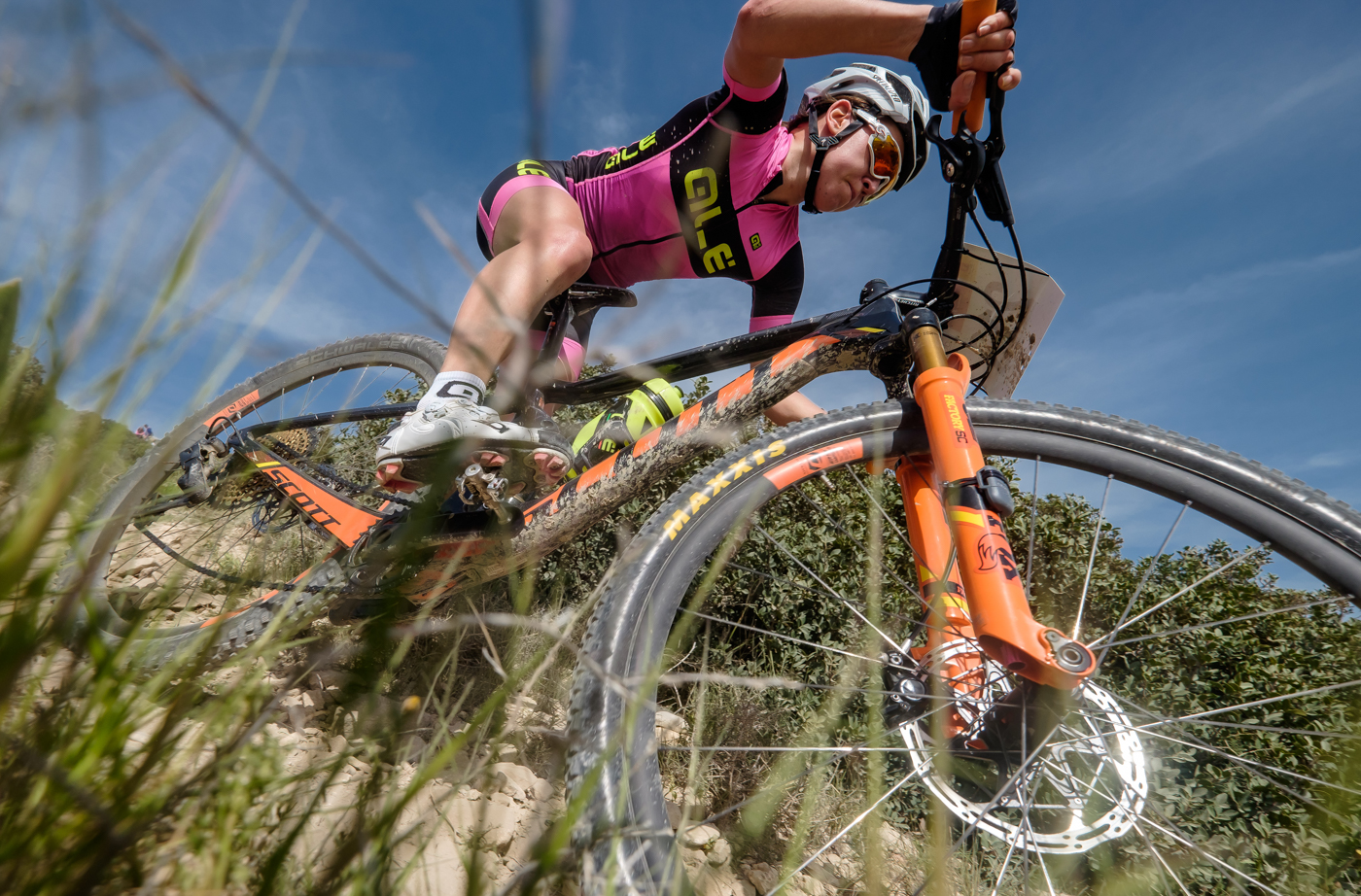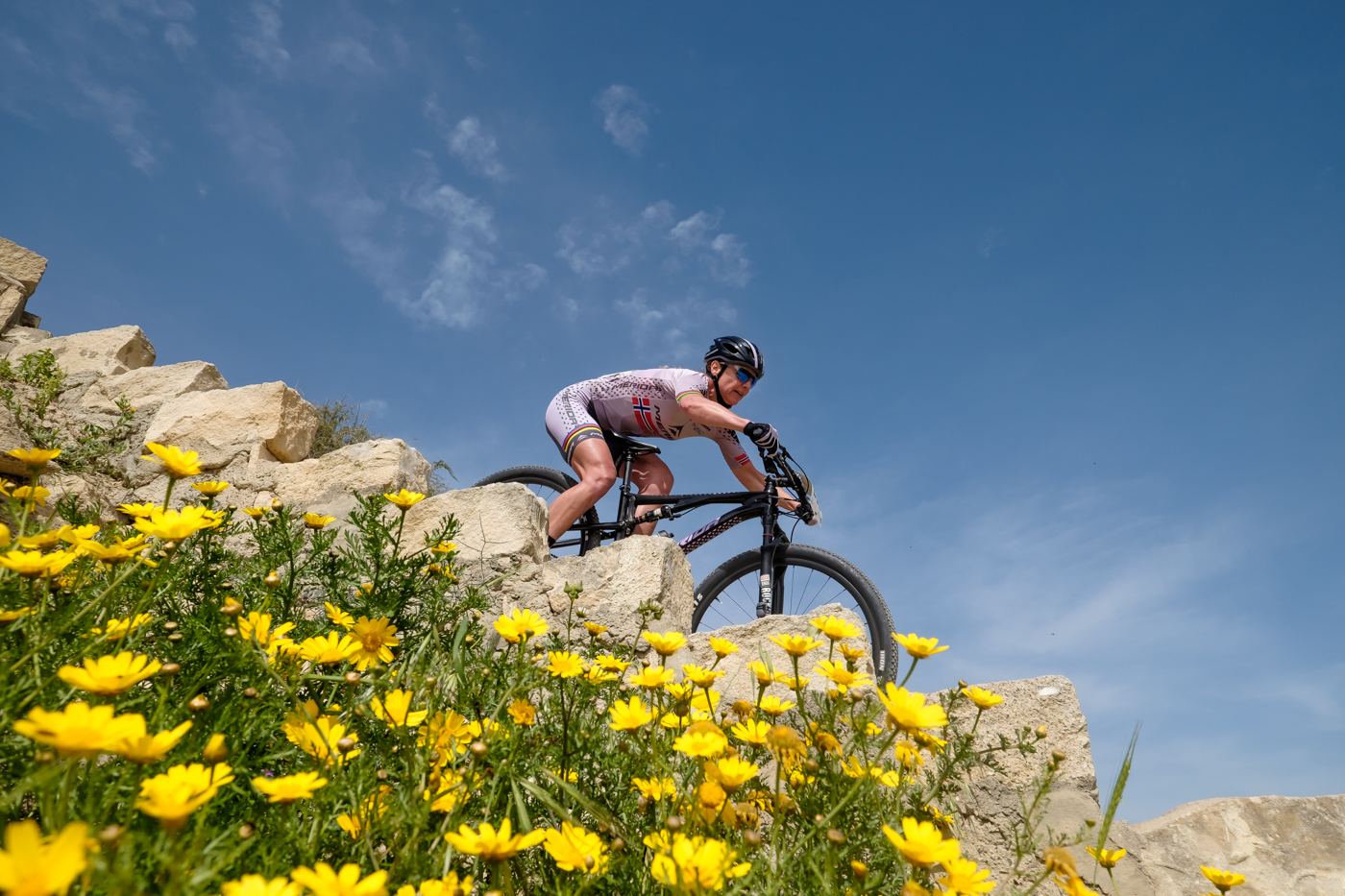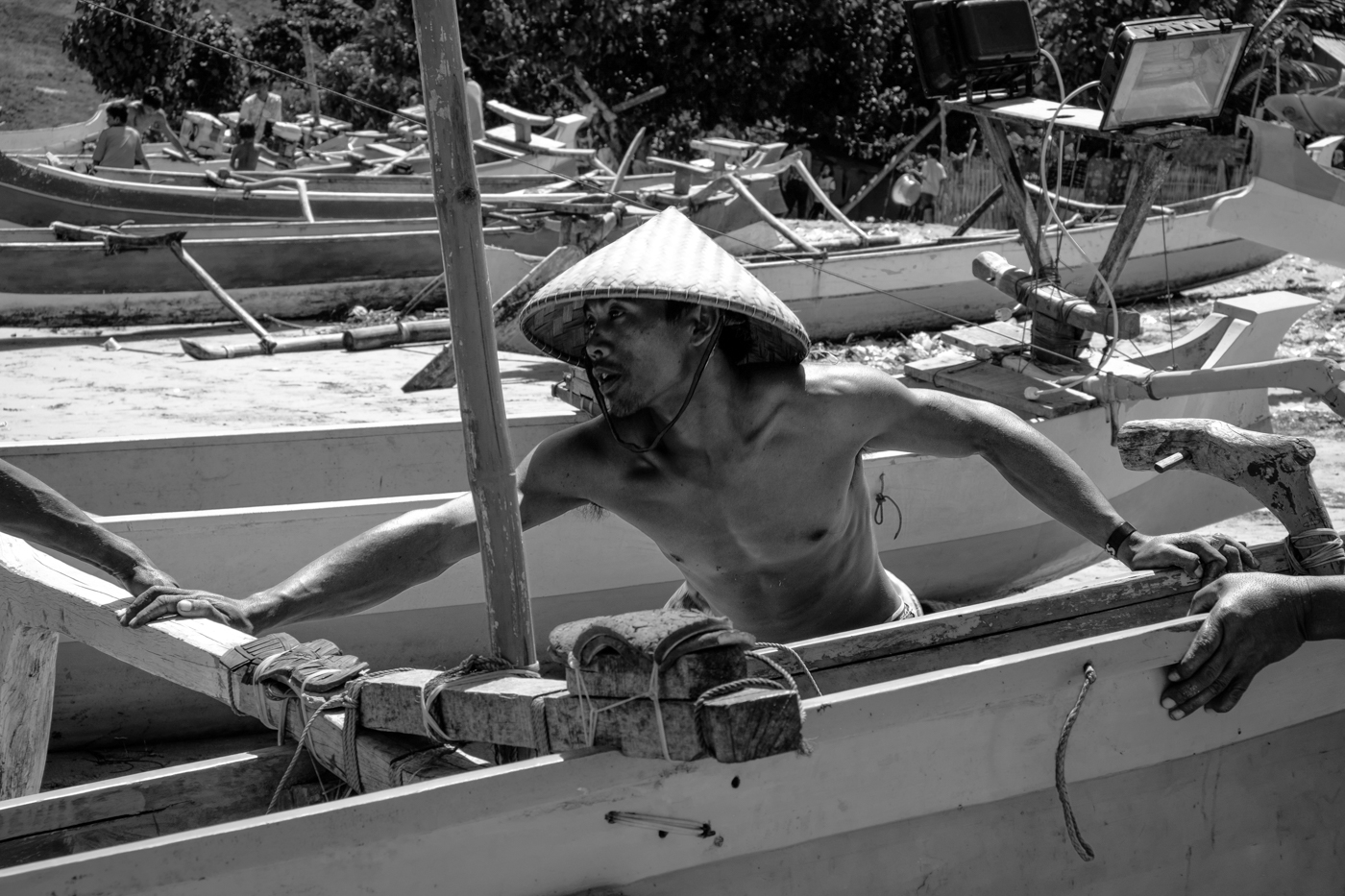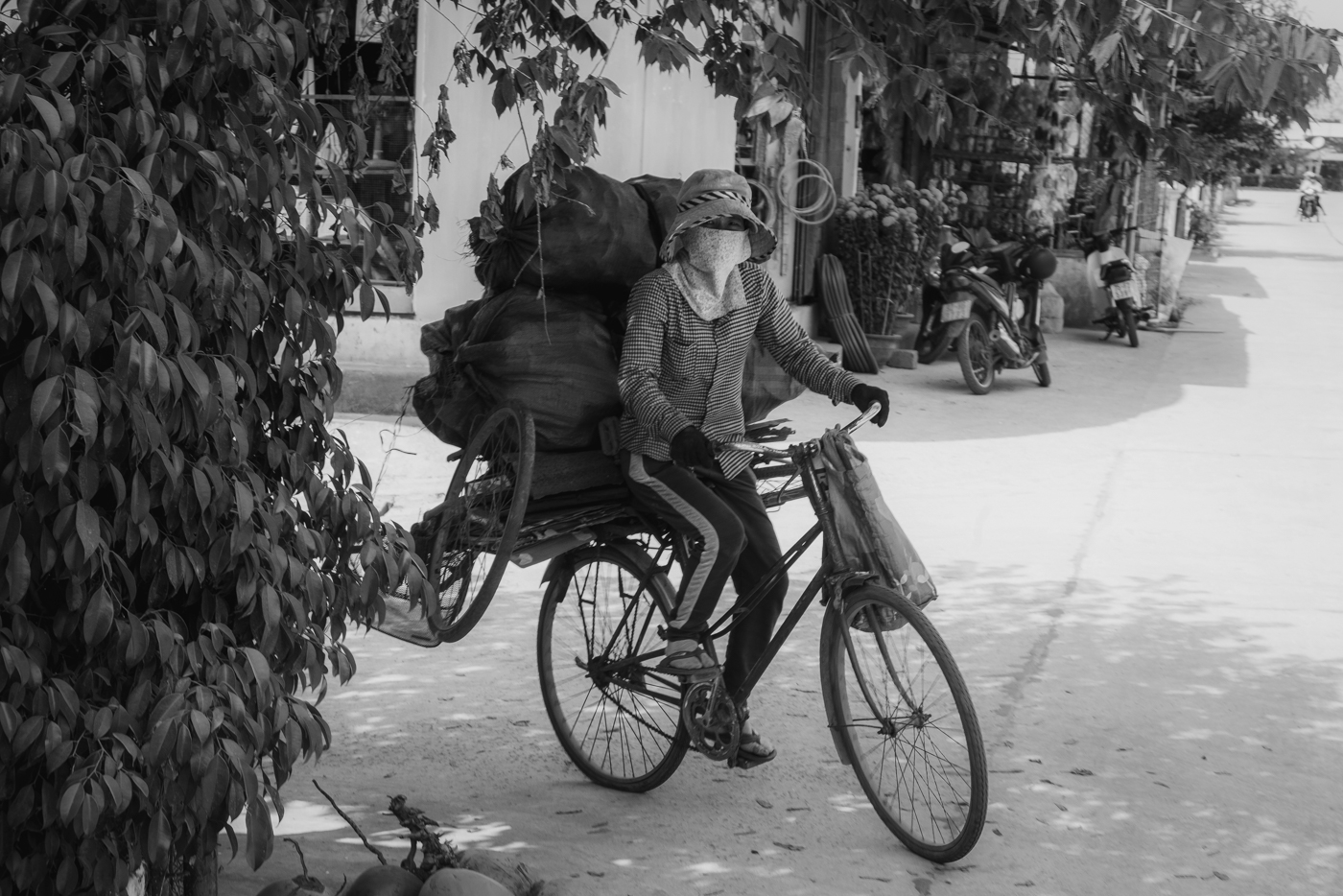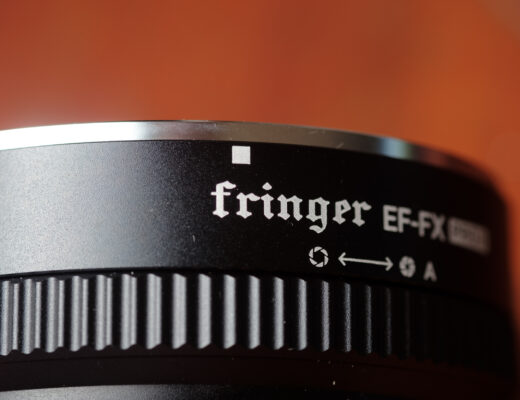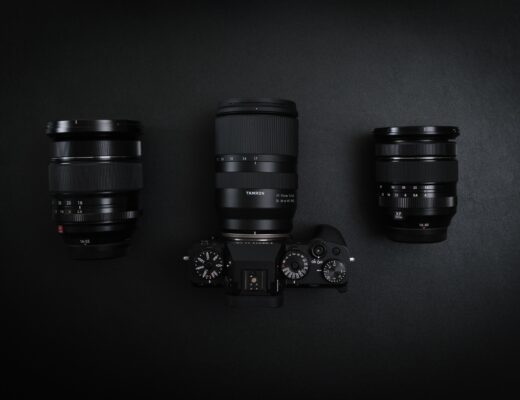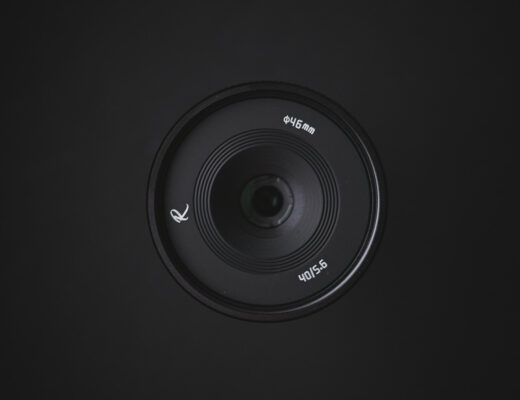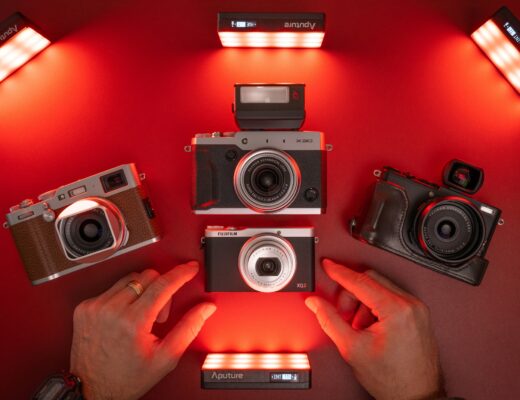Is the time coming time to trade in your GFX for a new MacBook Pro, to swap your tripod for an office chair and to switch your film simulations to AI prompts?
Virtual insanity or virtual reality – are they indecipherable and inevitable? Probably the latter, especially when it comes to AI and photography, although I do have to state upfront that like most out there I cannot really answer the question of how AI will impact photographers and I only have my own opinions based on life experience, otherwise known as common sense.
It would be fair to say that AI is nothing new; it’s more of a case of it having taken a far more advanced, diversified and even worrying twist in the past few months, and the fact that we’re all being made abruptly aware of it through the likes of Midjourney and ChatGPT. Needless to say, AI has caused a lot of anxiety within the photographic community, for both enthusiasts and professionals, and with fair reason.
The end is nigh
There are many out there chanting the last rites for photography and yes, I can see why they feel that way, but the fact is that there’s not a whole lot any of us can do to stop it, and the world sold its soul to the Silicon Valley elite long ago, which gave us few options to opt out. The AI beast is already roaming large in cyberspace, and multiplying and mutating in countless forms. There’s no doubt that it will get stronger and evolve to be much better at whatever it chooses to do within a very short period of time.
Much like everything else in this world of ours, photography as a skill, as an art form and as a profession has been on a bumpy road for some time, and one that has in many ways gone downhill – at least if you happen to make your living from it, as we have seen the value of imagery crumble to dust recently, but that’s nothing new; it’s human nature to want things easier and cheaper, whatever the long term cost may prove to be.
Arguably the first vaguely recent photographic cold sweat came with digitisation, which was a game changer in so many ways. Sure enough, it opened up photography to many more people and, on the face of things, made it more accessible to all (until you count the costs of digital technology vs film and cameras that lasted until they fell apart). Add in Photoshop and the computerised element, and things got more interesting. This era was also when AI of a kind of entered the photographic arena, although it was pretty crude compared to what we now have at our disposal, such is technological progress.
Perhaps the biggest gut slug came when digital photography met the internet, even more so when social media came along and, of course, mobile devices soon followed on, thus putting a very capable camera in the hands of everyone, which personally I think is a positive. Although these technical advances have been a blow for some professionals, in many ways they have also made photography even more popular, even if it has blurred the lines of quality and devalued the financial end even more.
For some time, it has been quite obvious that overall, from a financial point, the floor has fallen out of photography, and I dare say that AI will add to this devaluation and image over-saturation element. This will probably impact quite a few out there, particularly in areas such as still life, product, fashion and conceptual imagery, areas when in a short period of time clients with short pockets may well be able to cut out the middleman and his camera, and have a tech savvy office junior knock up acceptable pics for their catalogue and social media feeds, and all before they make the first coffee of the morning. In this situation, you can also cut out dealing with models and releases, stylists, and photographers and their often-bewildering rights and terms – and who can blame them for that?
As for the enthusiast end of the argument, there’s surely some who may feel frustrated when they see near-perfect AI images appearing on their social media feeds and in publications; after all, some of the images we’ve seen from Midjourney are incredibly realistic and in many cases are beyond what we ourselves could create. Therein lies the twist and the very reason that AI will not in any way, shape or form kill photography as an art form or passion (IMO). AI simply has no soul, no character, no opinion, no imagination or value concept, and the images it creates lack that personal input, which is very much at the core of photography and always will be. Plus, that isn’t even touching on the whole process of capturing images, which is, for many, what it’s all about.
Sitting at a computer screen and tapping out prompts to make a great image appear just like magic on a screen will appeal to many and naturally there will be thumb flippers out there who just want to see these images, and plenty of publications will (and already do) indeed make use of this technology but, as photographers, there’s little emotional connection or satisfaction in that.
Put bluntly, those images are not real and they don’t have a back story – the one where you waded through a bog before sunrise and got bitten by mosquitos to capture it, the tale of that tribal elder’s troubled past and fight for survival. It is this uniqueness and personal element that we all need to embrace, even those who do make our living from it. We have to adapt – there is no avoiding progress, even if it’s not always for the best.
The bigger picture
There will be those who debate the whole AI conundrum from both sides of the fence, and many more from virtual anonymity, too, and yet I cannot help but feel that it’s hard to discuss AI purely from a photographic point of view. After all, you are reading my words here, something which ChatGPT and AI could have produced (in some sense or other), so I thought I would ask what ChatGPT thought about the whole situation.
Here’s what it had to say…
No, AI is not going to kill photography. In fact, AI has the potential to enhance and revolutionize photography by providing new tools and techniques that can help photographers take better photos and improve their workflow.
AI can assist photographers in several ways, such as improving the quality of images, automating repetitive tasks, and enabling new creative possibilities. For example, AI-powered image recognition algorithms can identify objects and people in photos, making it easier to organize and search through large collections of images. AI can also be used to enhance images by automatically adjusting brightness, contrast, color balance, and other parameters to optimize the final result.
While it’s true that AI may automate certain aspects of photography, it cannot replace the creativity, vision, and artistic expression that a skilled photographer brings to their work. Ultimately, the success of a photograph depends on the photographer’s ability to capture a unique and compelling image, and AI can only assist in the technical aspects of the process.
In short, AI is not going to kill photography, but it may change the way photographers work and provide them with new tools to improve their craft.
Here are my thoughts on this…
Well, this is the first time that we’ve vaguely seen eye to eye on things, although you do get the feeling it could be biased towards AI (ironic) and is conveniently missing a few important beats.
I guess the thing that we have to realise is that ChatGPT, Midjourney and most other similar AI platforms actually pull their knowledge from the internet – a place that we all know can be wildly inaccurate and is as much as a place for misinformation as it is genuine truths. All of that information and those source images that they worked their magic from are actually those we ourselves posted online (we as in humans). Maybe even all of those thousands on pictures we’ve posted on social media feeds could be a part of that output, maybe those platforms and apps with their sketchy and ever-changing rights issues and infringements are the ones feeding the AI beasts, and doubtless doing rather well by using our data and input. After all, who out there actually reads and fully understands those ever-updated terms of extortion they impose on us?
Where will this lead in terms of intellectual property, copyright (on both sides) and data infringement? Given those who seem to be smoking the AI arms race, I think it would be fair to say that they have been infringing on such things since the get-go and mostly getting no more than the occasional financial wrist slap for doing so, and there’s no question that their AI technology and data banks are also of great benefit and interest to other powers too – be they governments, commercial institutions or far darker powers, but I suppose that should be an obvious one.
Somewhat ironically, it was a story from one the world’s major travel magazines that drew me into the AI abyss. It was about the best places to retire and it detailed a tropical country that I know all too well, so I read through that particular section. They wrote about how you could retire to its northern snow-capped peaks when it got too hot, and duly I nearly fell off my chair in disbelief, wondereding if indeed ChatGPT had written this. The thing is, that of the hundreds of comments, not a single one picked up on this blatant white elephant in the room, or rather on a snowy peak (which there are not anywhere nearby), and that in itself shows that people rarely check their facts and tend to lightly swallow whatever the internet feeds them, be it images, opinions or even more serious stuff, which is scary for all of us.
As for parting words, I did ask ChatGPT a bunch of Fuji related questions and asked it to come up with articles on a few subjects. To the uninitiated, the output could seem credible. On sports photography and Fuji it came up with answers that would probably make their marketing team very happy – about the X system’s class-leading AF performance, not to mention how certain professional cycling photographers use and praise the system (photographers that I know definitely do not use Fuji), and also about how I, too, praise their AF performance in this genre (which, to say the least, is stretching it and somewhat selective). Yet good old ChatGPT knows better, right? And people do often accept this stuff.
Should photographers be worried about AI? For enthusiasts, in my opinion, no. Should those who earn their crust from it quiver? To an extent, yes, but it all depends on how you embrace, adapt and except the inevitable. Just ask your childhood milkman how that plays out.
Then again, I guess it’s hard for me to comment, since it gave me a rather glowing but completely inaccurate bio. Apparently, I was actually killed whilst cycling a few years ago, and that bit did actually make me feel a little sick.


